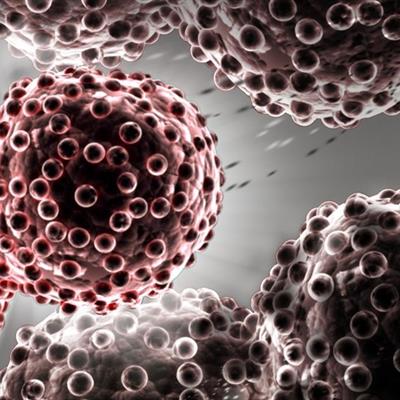September 9, 2020 -- Atara Biotherapeutics said that the U.S. Food and Drug Administration (FDA) has cleared its investigational new drug (IND) application for ATA2271, a next-generation, autologous mesothelin-targeted chimeric antigen receptor (CAR) T-cell therapy for patients with advanced mesothelioma.
As a result, Atara will initiate an open-label, single-arm phase I trial for the therapy, which uses 1XX CAR signaling and programmed death-1 dominant negative receptor checkpoint inhibition technologies. Atara is developing ATA2271 in collaboration with Memorial Sloan Kettering Cancer Center.
In preclinical studies, ATA2271 was associated with less cell exhaustion, improvements in functional persistence, serial cell killing, and enhanced in vivo efficacy when compared with first-generation mesothelin CAR T therapy, according to the company. Atara said that these effects were maintained through multiple redosings.
Copyright © 2020 scienceboard.net









